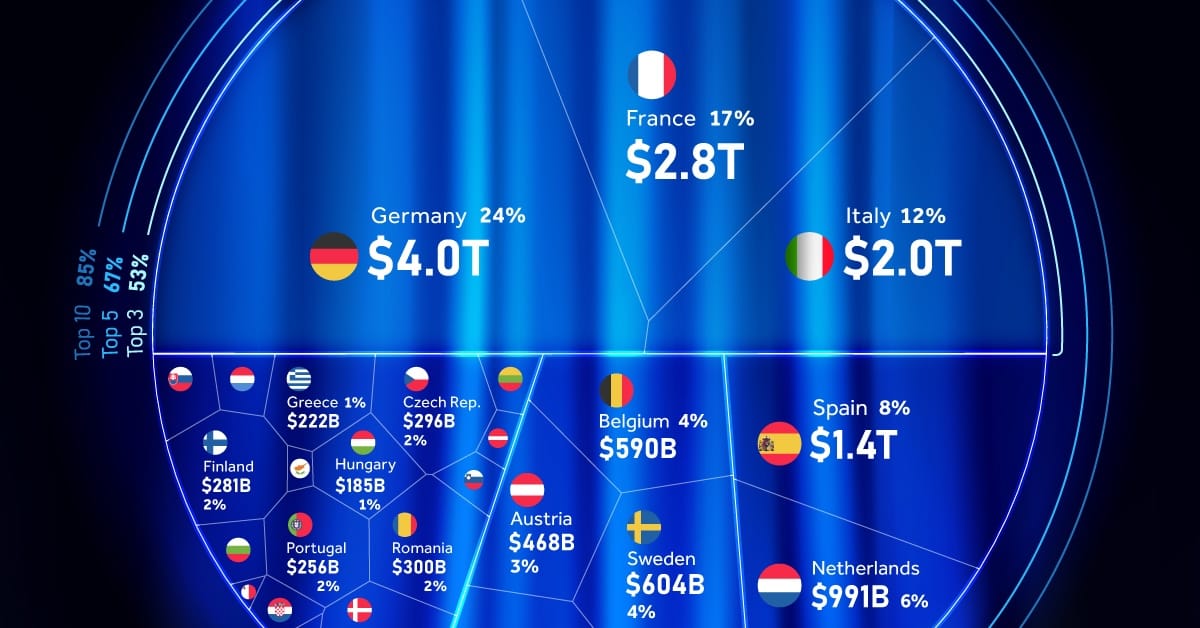Welcome back to the World Brief, the flagship newsletter of The Viyug delivered to you directly from the Editor’s desk, catching you up on 24 hours of news in five minutes. In today’s edition of the newsletter we’re looking at the future of EU’s economy followed by updates of post-Assad’s governance in Syria, turbulence in White House, France’s announcement for a new prime minister, business updates (from stock markets to oil industries), and ending with Taliban’s accusations against ISIS.
Cover Story
The European Union’s (EUs) economy is only about 1 percent bigger than it was a year ago. And inflation, at 2.3 percent in November, is close to the European Central Bank’s target of 2 percent. The prices of services across various member countries among EU have been rising by around 4 percent a year and there is sustained pressure from growing wages – the Netherlands, which has the most up-to-date figures, estimates these as rising at 6.5 percent. Nonetheless, when the European Central Bank (ECB) meets on Thursday for the first time since the election of Donald Trump, it may want to give Europe’s economy a push by cutting interest rates by 0.25 percentage points, to 3 percent. France is without a government and has to cut spending. Germany’s economy remains stagnant.
Featured Image Credit – Visual Capitalist.
About the Author
Anirudh Phadke is the Founder/Editor of The Viyug. He is currently serving as a Member of the Board of Studies (BoS) for the Department of Defence & Strategic Studies at the Guru Nanak College (Autonomous). He previously worked for International Criminal Police Organization (INTERPOL). Anirudh holds a Master of Science in Strategic Studies along with a Certificate in Terrorism Studies from S. Rajaratnam School of International Studies (RSIS) at Nanyang Technological University (NTU). He completed Bachelor’s degree in Defence & Strategic Studies from Guru Nanak College (Autonomous).



